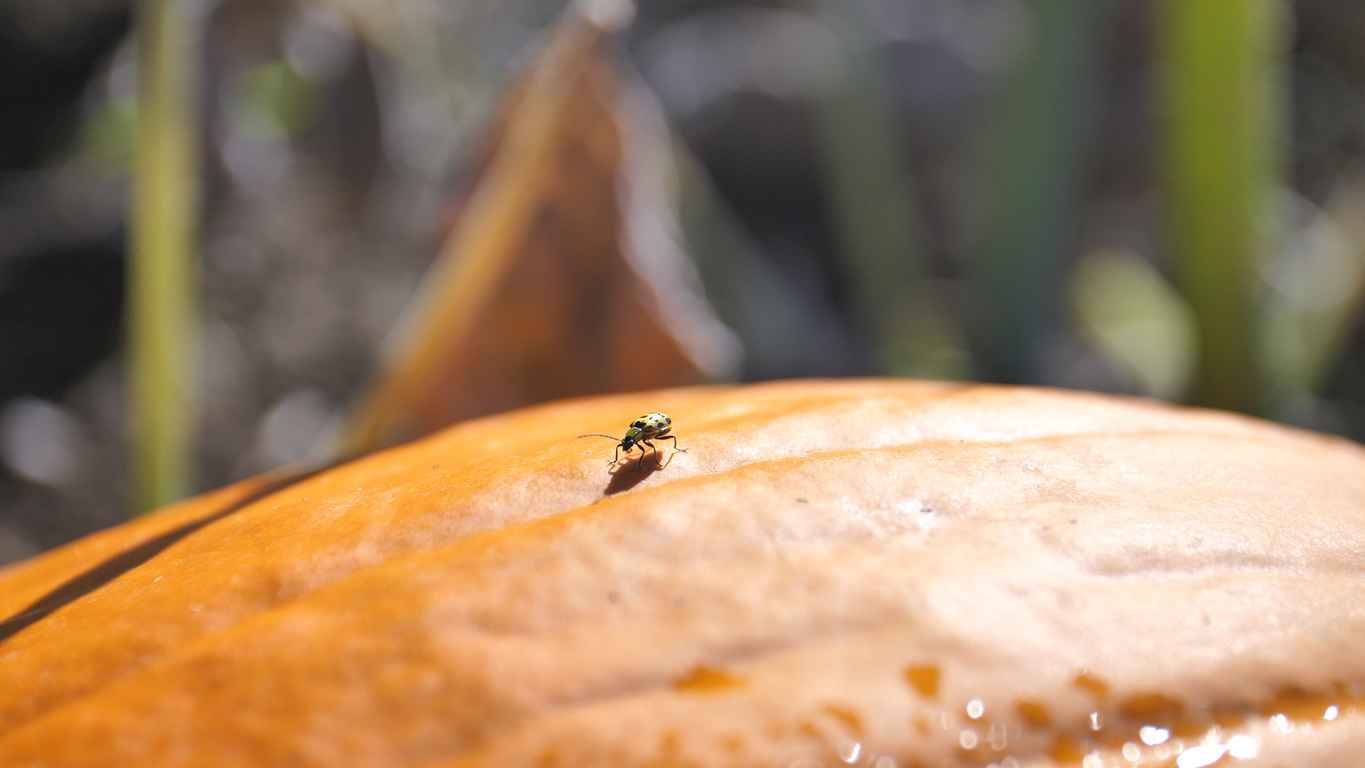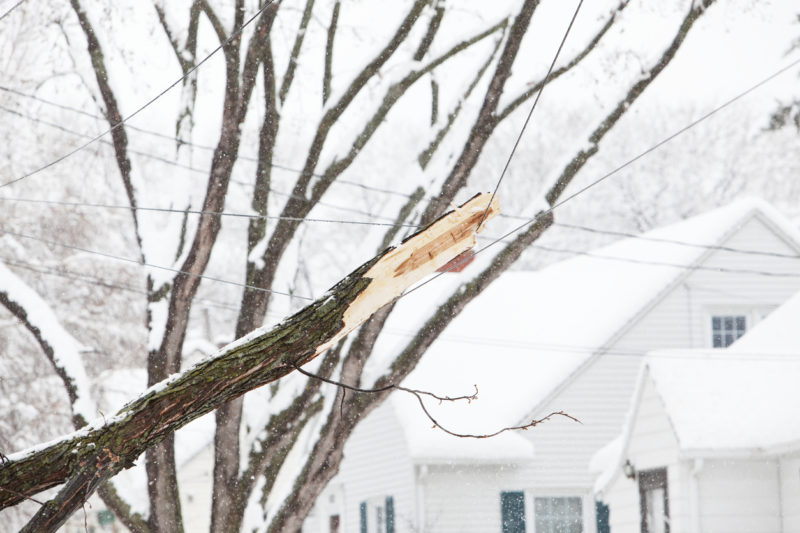
Does Homeowners Insurance Cover Snow Damage?
February 12, 2018
Winter storms might look pretty as you stare at the snowfall from the comfort of your heated home. However, the snow and ice that is left behind by these storms can certainly do some damage to your home and property.
You think to yourself, “good thing I have homeowners insurance,” — but how much is actually covered?
Types of Snow and Ice Damage Covered by Home Insurance
The typical homeowners’ insurance policy will usually cover most snow and ice damage that is a direct result of winter storms.
- Fallen trees (due to snow accumulation or wind) on houses or the uprooting of the lawn
- Roof collapses due to snow and ice accumulation
- High-speed wind damage
- Burst frozen pipes (not all damages will be covered)
- Displacement as a result of an extended power outage
How Negligence Affects Your Homeowners Insurance Coverage
While homeowners insurance will cover plenty of incidents involving winter storm damage, it won’t cover a person being negligent. What do we mean by negligent? Let us explain:
- Fallen Trees – If the homeowner was aware of tree limbs that were at risk of falling or breaking off, the homeowner will be responsible for the damage.
- Roof Damage – If melting snow and ice causes an abundance of roof leaks to appear, the roof itself will be examined. A roof that has not been installed properly or taken care of the way it should’ve been, will be more likely to leak and the homeowner is liable for the repairs.
- Ice and Slipping – Slipping on ice is a winter classic. However, the law requires the homeowner or renter to complete any ice removal. If you are a renter, re-read the lease to see whether you or the landlord is responsible for this. For those that do slip, you’ll need health insurance to cover any trips to the hospital
- Frozen Pipes – Damage from burst pipes is usually covered by homeowners insurance. However, the actual replacement of the pipe is not always covered (this depends on your policy). If you also ignored the health of your pipes, by not keeping the heat on, if certain pipes weren’t drained, etc., you will be on your own with the repairs.
Every homeowner’s insurance coverage will be different depending on their plan, but there are things that are almost always covered (and NOT covered).
Protect Your Home from Winter Weather Damage
If a tree falls on your property or your property becomes damaged during a storm, have a plan to fix it during the spring. When you’re ready for your property to reach its full potential, we’ll be waiting for your call!
Recent News
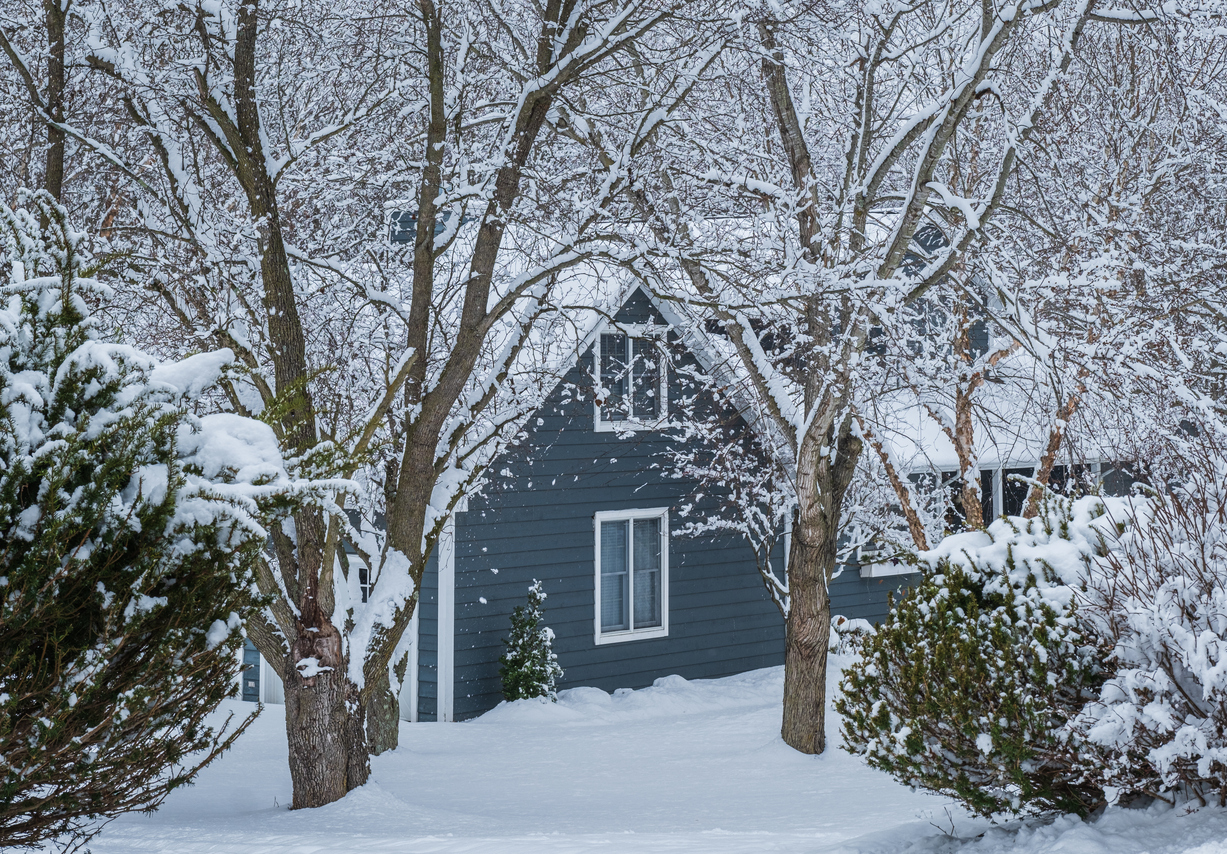
How Snow and Ice Impact Your Landscape
January 30, 2026
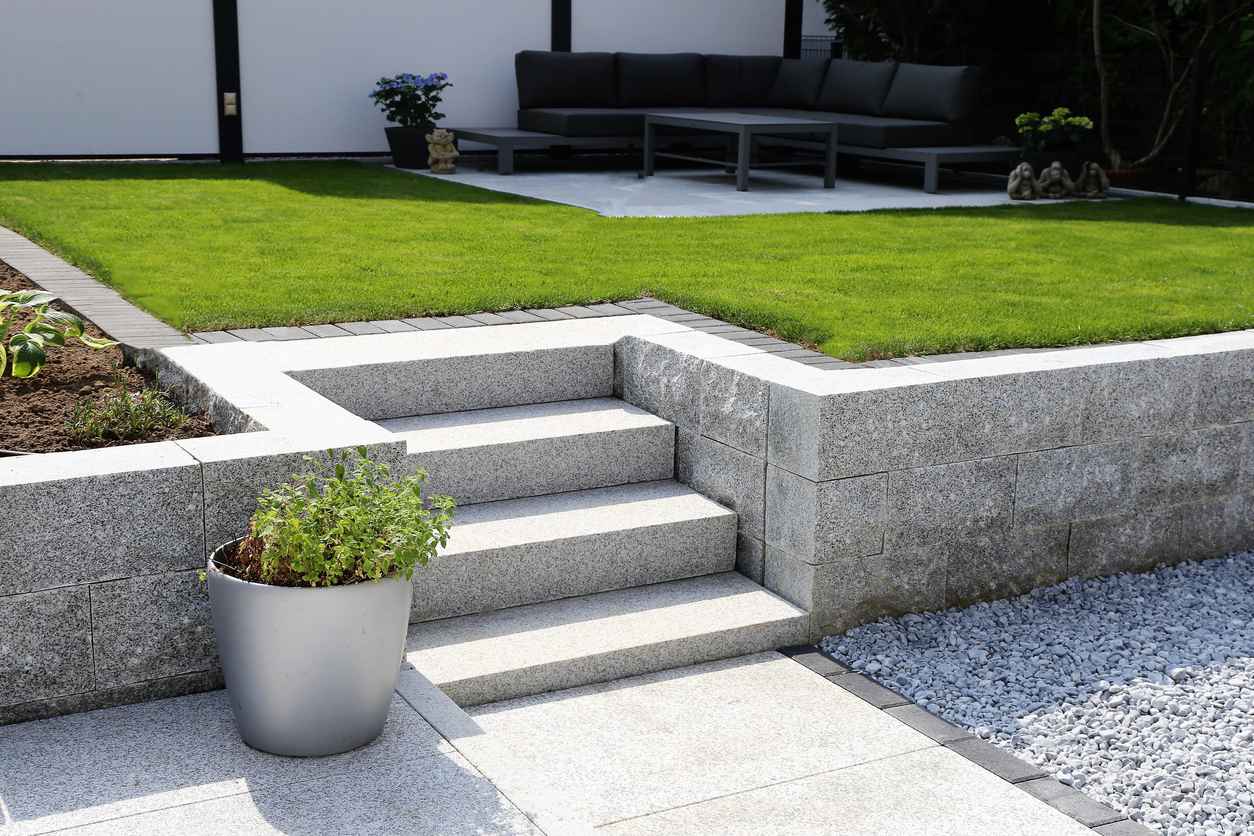
Outdoor Living Trends for 2026
January 22, 2026
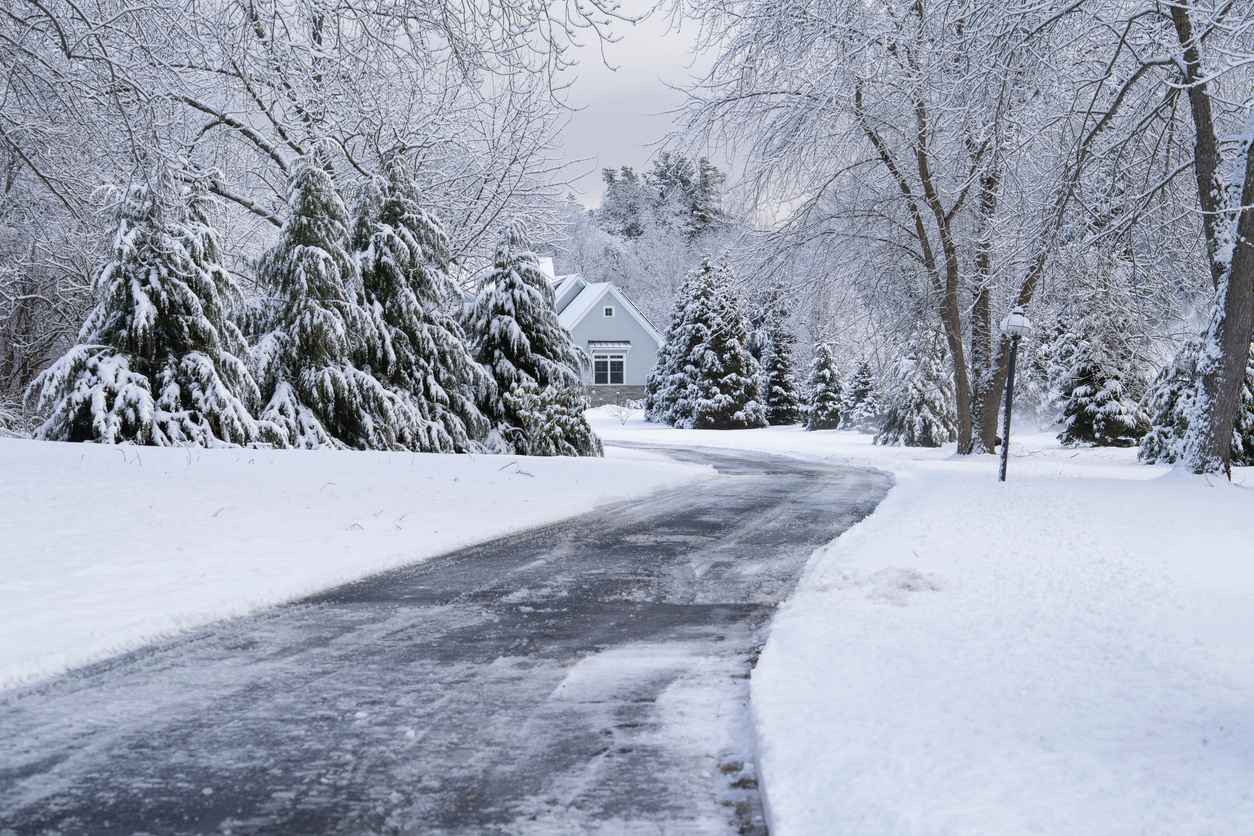
How Freeze–Thaw Cycles Impact Your Hardscape
December 31, 2025
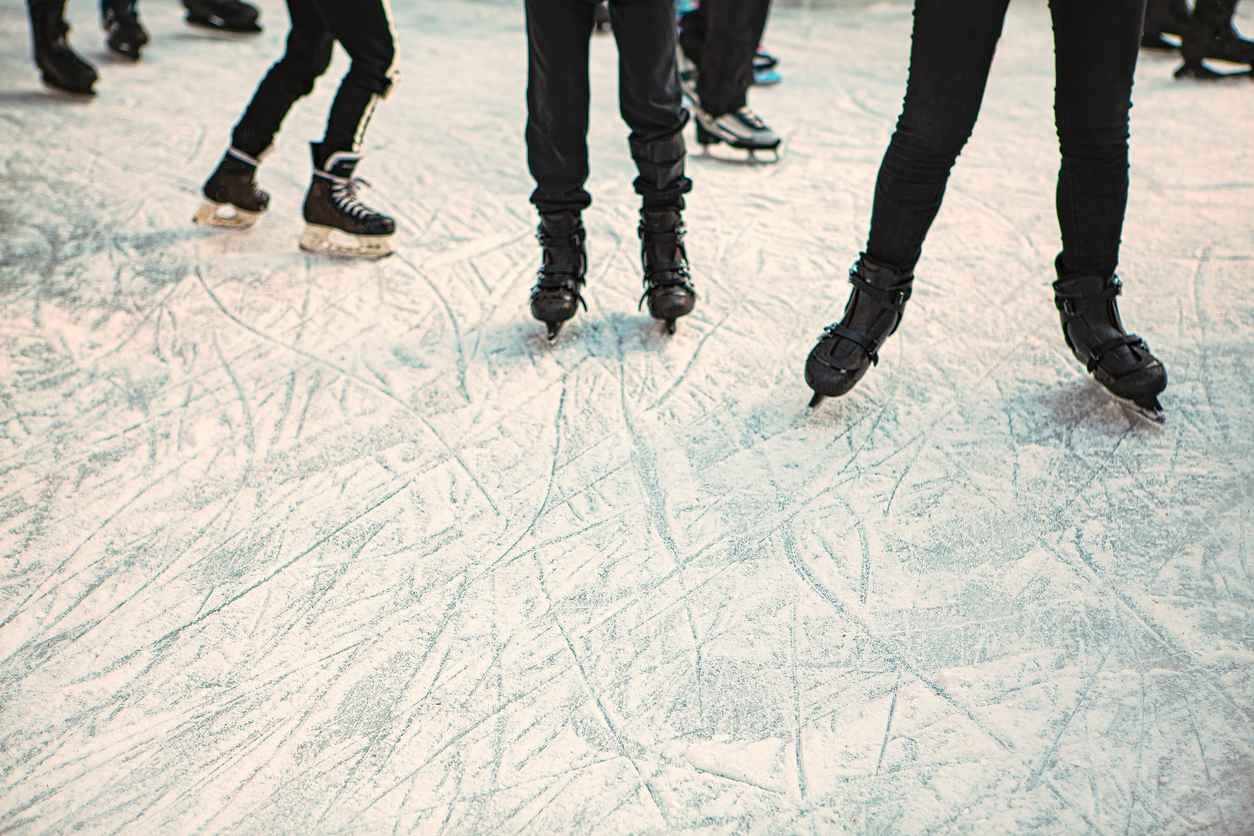
The Best Winter Activities to Enjoy on Your Backyard Ice Rink
December 18, 2025
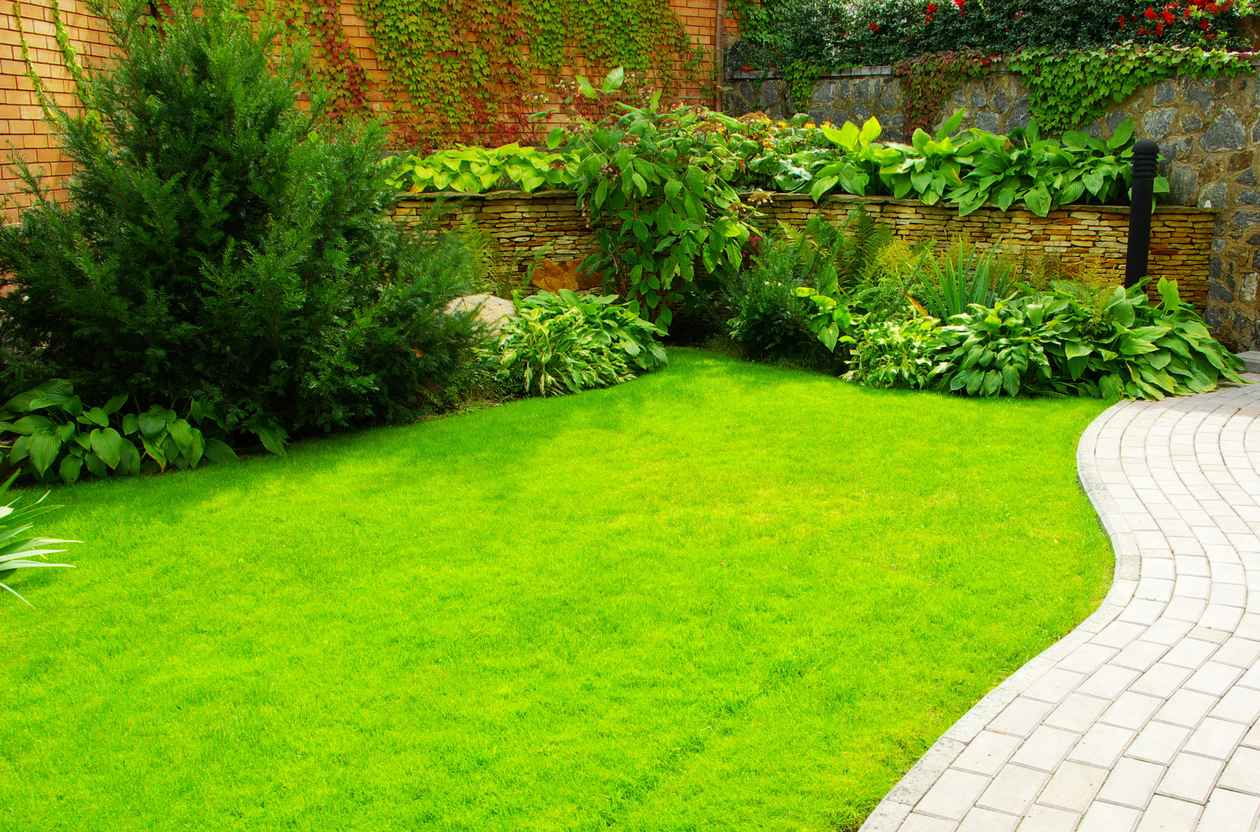
Why a Well-Maintained Landscape Adds Value Year-Round
November 20, 2025

Perennials to Plant This Fall for a Vibrant Spring Garden
November 17, 2025
